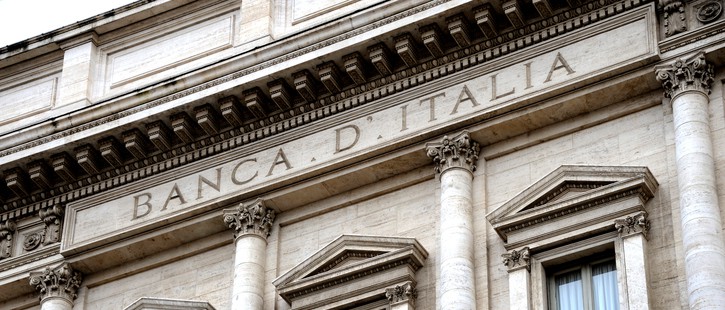Our Opinion: 2016
Italy triggers next Euro-zone crisis

Italian Prime Minister Matteo Renzi’s resounding referendum defeat on 4th December, and his subsequent resignation, have not caused much market turmoil. But over the long term, the political and financial consequences are difficult to anticipate. Italy need not pitch into chaos because of this result, but a year of political uncertainty, few reforms and weak growth is now likely.
For a start, there’s the precarious state of Italian banks, which have some of the weakest capital levels in the global financial system and are tottering under a pile of bad loans totalling more than €350bn. Renzi’s defeat has left them in a very uncertain position. Without a stable political foundation, investors will lose faith in buying Italian banks’ shares and bonds – rattling the domestic economy and the eurozone,” reported Patrick Jenkins in the Financial Times this week.
Any chance that perennially troubled Monte dei Paschi di Siena, the country’s third-largest lender, might be able to raise desperately needed capital from private investors has now practically evaporated, and the bank has been told to prepare for a state bailout. What’s more, investors’ nervousness about the state of Italian lenders may affect the entire banking system in Italy, and spread to the likes of Portugal and Germany, where banks such as Deutsche Bank are in similarly feeble positions.
Meanwhile, Renzi’s defeat means that Italy will have to carry on operating without the reform-minded strong government that is needed to dig the country out of its current environment of slow growth. The power vacuum that is set to follow Renzi’s downfall may be dangerous. The Five Star Movement, a radical political party headed by comedian Beppe Grillo has pledged to hold another referendum on Italy’s euro membership, and has already won local elections in Rome, Turin and other towns this year. Nationally, Five Star is neck-and-neck with Renzi’s Democratic Party, and opinion polls suggest it would win a run-off for a majority in the legislature.
That would have a knock-on effect for the stability of the eurozone as a whole. The Five Star Movement has pledged to hold a referendum on Italy’s membership. If that were to happen and Italy were to vote to leave the single currency, the survival of the entire project would bein doubt. Hence, Renzi’s defeat could be a much bigger threat than Brexit.
The European project remains under unprecedented strain.
